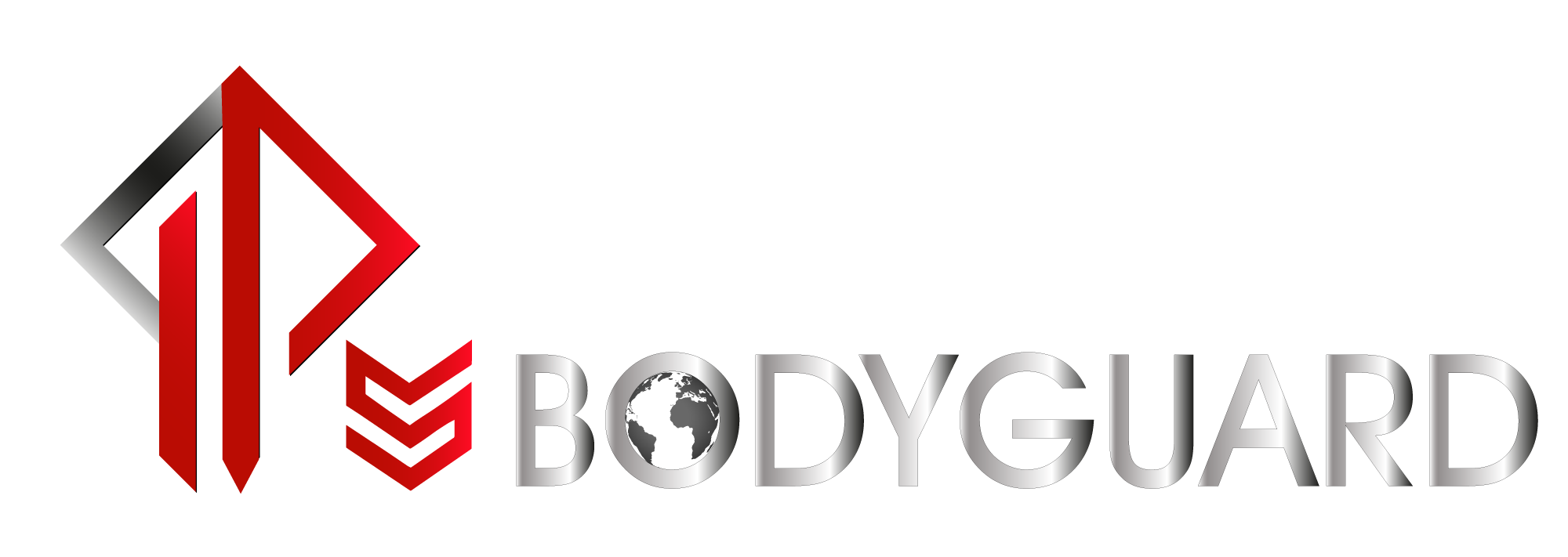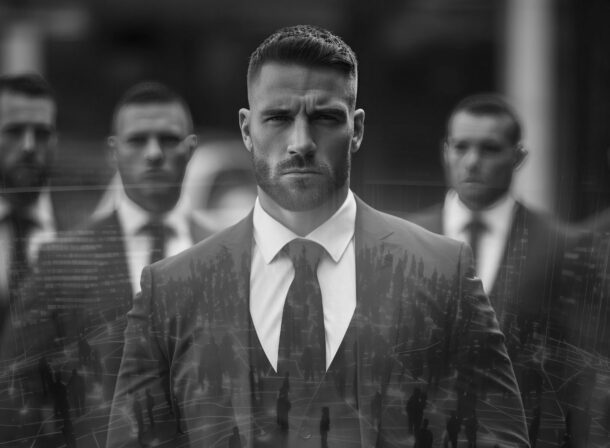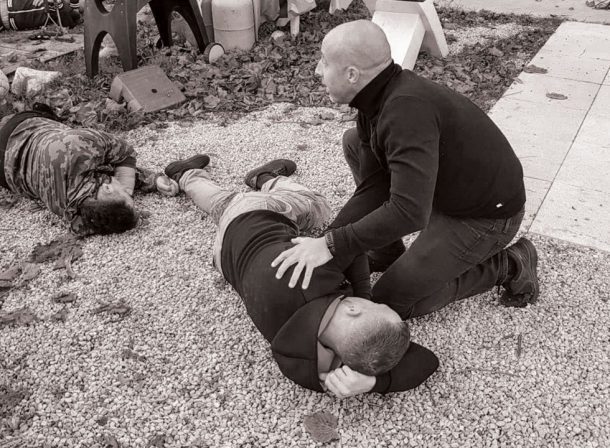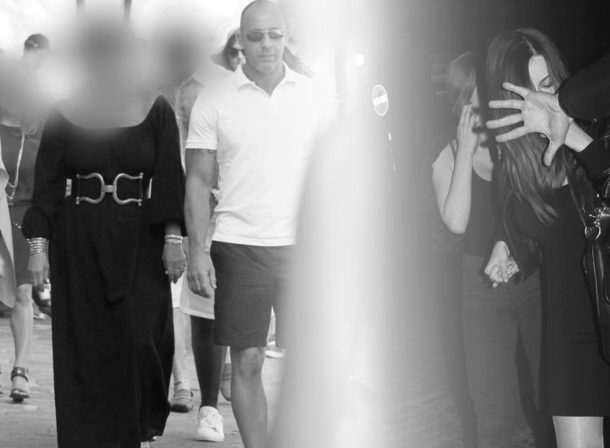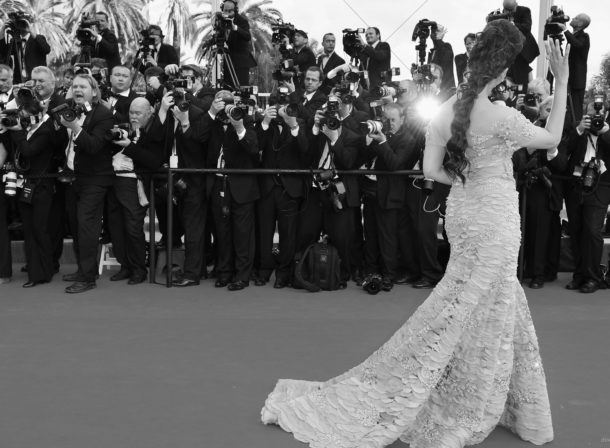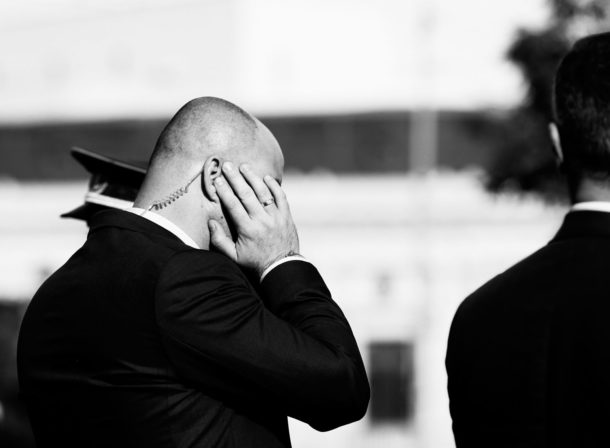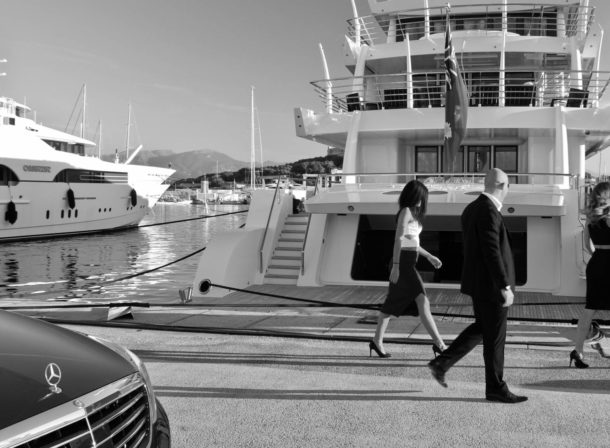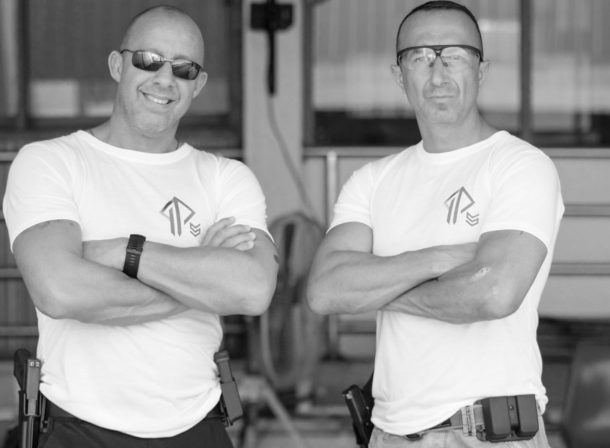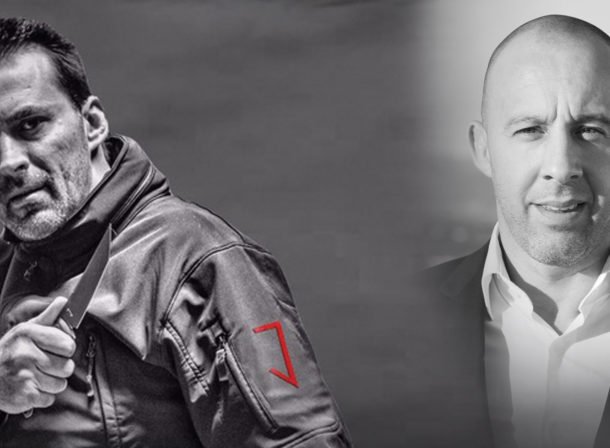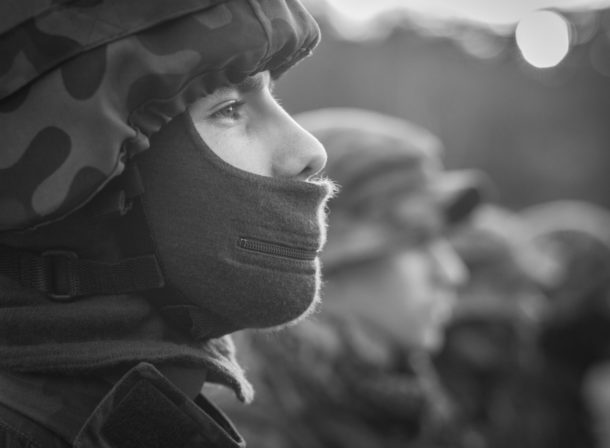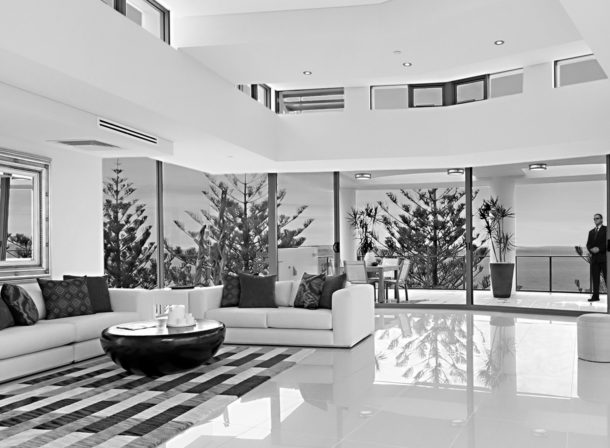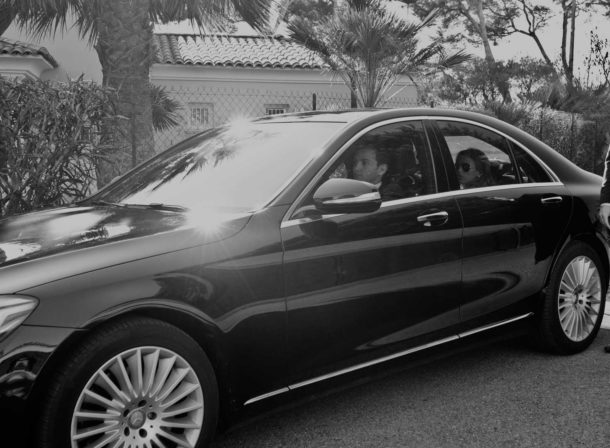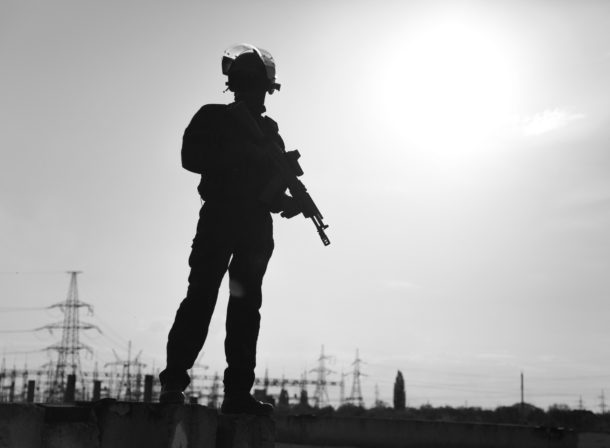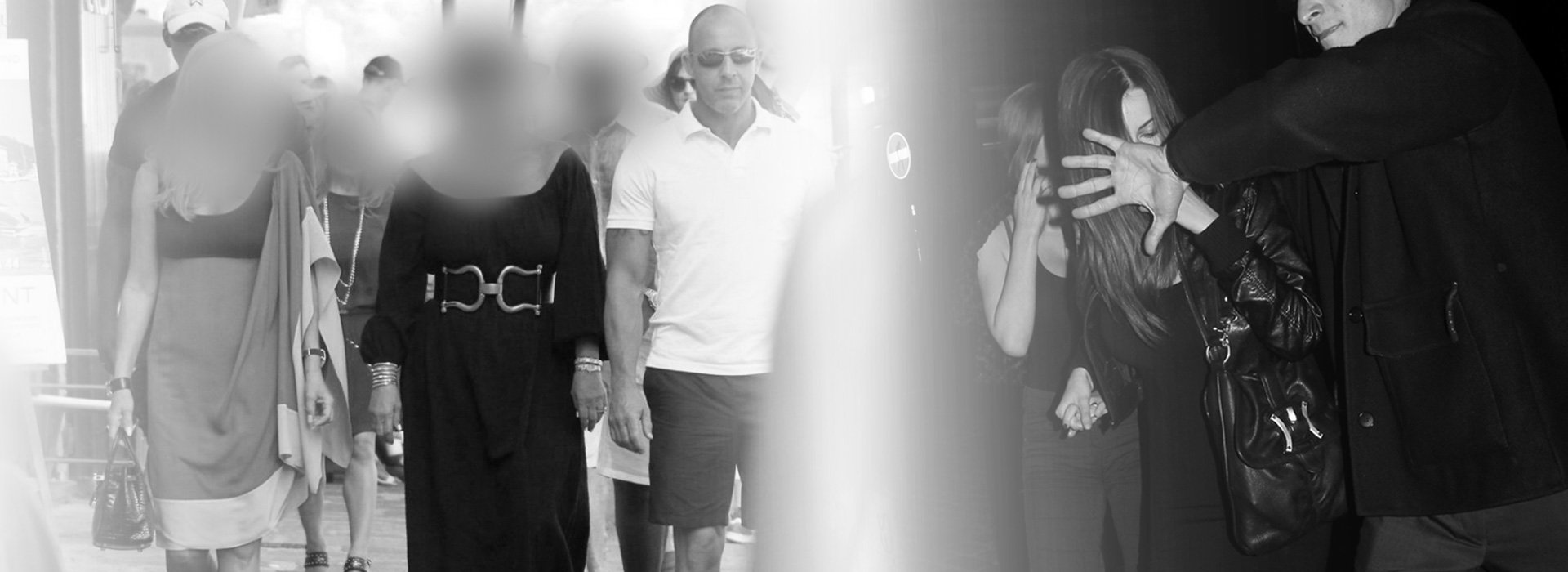
Understanding the bodyguard role and the professions of close protection
A close protection agent (bodyguard) is someone who is in charge of the security and the organization of the movements of another person (called a VIP). This can be alone or as part of a team, in which case we use the term security detail.
It is important to understand that there is often a difference between theory and practice. The security company proposes 5 or 10 agents in order to provide optimal protection but the customer thinks that this is too much or does not have the budget for that. There are also times where a single bodyguard is required to protect several people at the same time. In this case, the agent will therefore have to constantly adapt to the situations encountered.
The client should not be confused with the VIP. The client is the one who pays the security company that employs the bodyguard(s), the VIP is the person who must be protected. Of course, sometimes this is the same person.
Personal security details Cannes
The 5 jobs of complete close protection team
- One team leader (Team Leader or TL).
- One bodyguard dedicated to the VIP called Shoulder (PPO).
- Additional bodyguards.
- Additional specialised bodyguards (BG, CPO, EP...).
- Security drivers.
In addition, there can be:
- One to several precursors (Prec or SAP),
- A dusting team (searching for cameras and spy microphones),
- An explosive search team, bomb disposal squad,
- Surveillance and shadowing agents,
- Counter-surveillance agents,
- Motorized agents on 2 wheels,
- Agents specialized in medicine, technology, mechanics etc..
Role of the close protection agents in the personal security details
The roles of each one (summarized for general understanding):
The team leader prepares the mission (we will post a full article on pre-mission soon), they are in charge of the organization of the structure, doing the necessary research for the success of the mission and communicating information to the rest of the team. They are the main point of contact for the client or their team.
The team leader is often in the detail during the job in small teams, but they could be in the background in a car or at the control post (at the VIP’s residence, for example)
The shoulder is in direct contact with the VIP, they will be the last line of defense for the team and it is their role to evacuate the VIP in case there is a problem. They never leave the VIP’s side.
The VIP communicates information to them, which they pass on to their team leader.
Bodyguards are trained to move depending on their detail and location. The team is organized around the shoulder, here there are various formations such as triangle, square, diamond, open V, closed V, etc.
The security driver is a full member of the detail, their role is essential for the correct synchronization and organization of the whole team. They prepare and reconnoiter the routes beforehand.
They permanently protect the car where the VIP is located when driving a vehicle belonging to a convoy (leader, follower...).
They are trained to drive at very high speeds and know the evasive, avoidance and impact techniques.
They act as a lookout for other agents, when they are inside with the VIP, for example.
As far as options are concerned, precursors are agents who investigate the places where the VIP will go; the dusting team searches for any listening or surveillance devices that could have been placed in a certain location, this team could be coupled with a bomb disposal and explosive device search team; Surveillance and shadowing agents are there to collect information and observe from the outside in a much wider circle than the close protection team; counter-surveillance agents are there in case your team is shadowed or watched by another party, the threat, the terrorist or the kidnapper for example; motorcyclists are chosen for the obvious ease of movement but also for tailing and counter-tailing, speed of intervention in the event of an attack (there are 2 on the motorcycle) among others and agents specialized in different fields depending on the needs of the job, with the knowledge that all bodyguards have at least the basics in first aid but the client may also request the bodyguards have specialties such as advanced medical or mechanical skills for example or technological (eavesdropping, tracking, cyber security ...) depending on the mission.
The essential qualities of the bodyguard
The bodyguard (shoulder) in direct contact with the VIP have innumberable qualities! I could mention, beyond the physical and technical skills specific to the job, the following qualities: politeness, good manners, excellent presentation, discretion, elocution, linguistic knowledge, culinary knowledge, wine knowledge, political knowledge, geopolitical knowledge, psychological knowledge and general knowledge, neutrality in terms of judgments and the list is so long that one man (or woman) can hardly be expected to possess all these qualities. However, the goal is to get as close as possible to these values by working in the field, documenting, taking an interest, communicating and training.
They will have to be operational at all times and to do so they must impose daily discipline in the principal fields evoked above: physical condition, self-defense, handling of firearms, geopolitics, business, psychology and mental manipulation, foreign languages, general culture...
A bodyguard’s fields of intervention
There are many reasons why a client may want to hire a bodyguard. It may be that they need to be escorted or that they just need to reinforce the security of their relatives or goods. Indeed, the number one goal of a close protection agent is protecting you against the innumerable risks which can occur.
We could list risks like physical or verbal aggression, homicide, theft of goods, information or numerical data, kidnapping, extortion, rape, terrorist attack... for reasons essential to the life of the client or the VIP.
A close protection agent will be able to operate in different contexts. Let's take, for example, an agent who has to protect a model at the fashion week in Paris where life is tumultuous and hectic and another who will have to ensure the security of an animal photographer in a French forest where the rhythm and noise of daily life will be those of nature.
They could also cross the Caribbean on a yacht or find himself in a city in the Middle East where war is raging. The possible situations are numerous and sometimes so vastly different that they will have to adapt permanently to the situations, places, threats, personalities, climates and cultures...
Close protection & Home security France
How much does a bodyguard earn?
It is difficult to define a precise salary for a bodyguard. But it is often based on their personal experience and skills, depending on where they have to go. The security company will have determined the level of danger in the mission by their risk assessment and will be able to invoice the client and remunerate its agents accordingly .
Public sector bodyguard salary
The bodyguards in the public sector occupy the positions of police officers or gendarmerie soldiers. Their remuneration corresponds to the salary scale of a police officer or a gendarme, which depends on their seniority and rank, to which bonuses specific to this specialty are added. Their salary generally varies between 2000 and 3500 euros per month.
Private sector bodyguard salary
The majority of bodyguards in the private sector are employed by private security companies such as IPS BODYGUARD.
I think it is important to remember here that the security sector has suffered from very strong competition over the last 20 years and that the "contractors" who used to earn 12,000€ to 15,000€ per month (even more for some) are much rarer nowadays. Despite the growing insecurity of this world, this service is often imposed on the client by works councils or insurance companies and is therefore not a priority in their budgets.
It is therefore important to understand that in the face of this competition, markets are difficult to win and companies with low standards offer their services at low costs and therefore pay their agents at a discount.
In order to make this more meaningful to our readers, let’s talk about a daily wage, which is often the question that agents ask themselves. At IPS BODYGUARD, the salary varies from 150€ to 500€ per day, the average being 250€ to 350€.
In the case of a yearly contract, the salary varies between 40,000€ and 60,000€ on average depending on the contract.
Bear in mind that at IPS, all additional expenses are paid (Travel - Hotels - Restaurants).
I hope this article was interesting for you, don't hesitate to follow us on Instagram (ips_bodyguard) or subscribe to our newsletter (www.ips-bodyguard.com) in order to receive further information about our activities, economic forecasts and to read our future articles.
Contact us for close protection France & abroad
Written by Laurent Dequatremard
Founder and director of IPS BODYGUARD)
NB : This article does not claim to be exhaustive.

